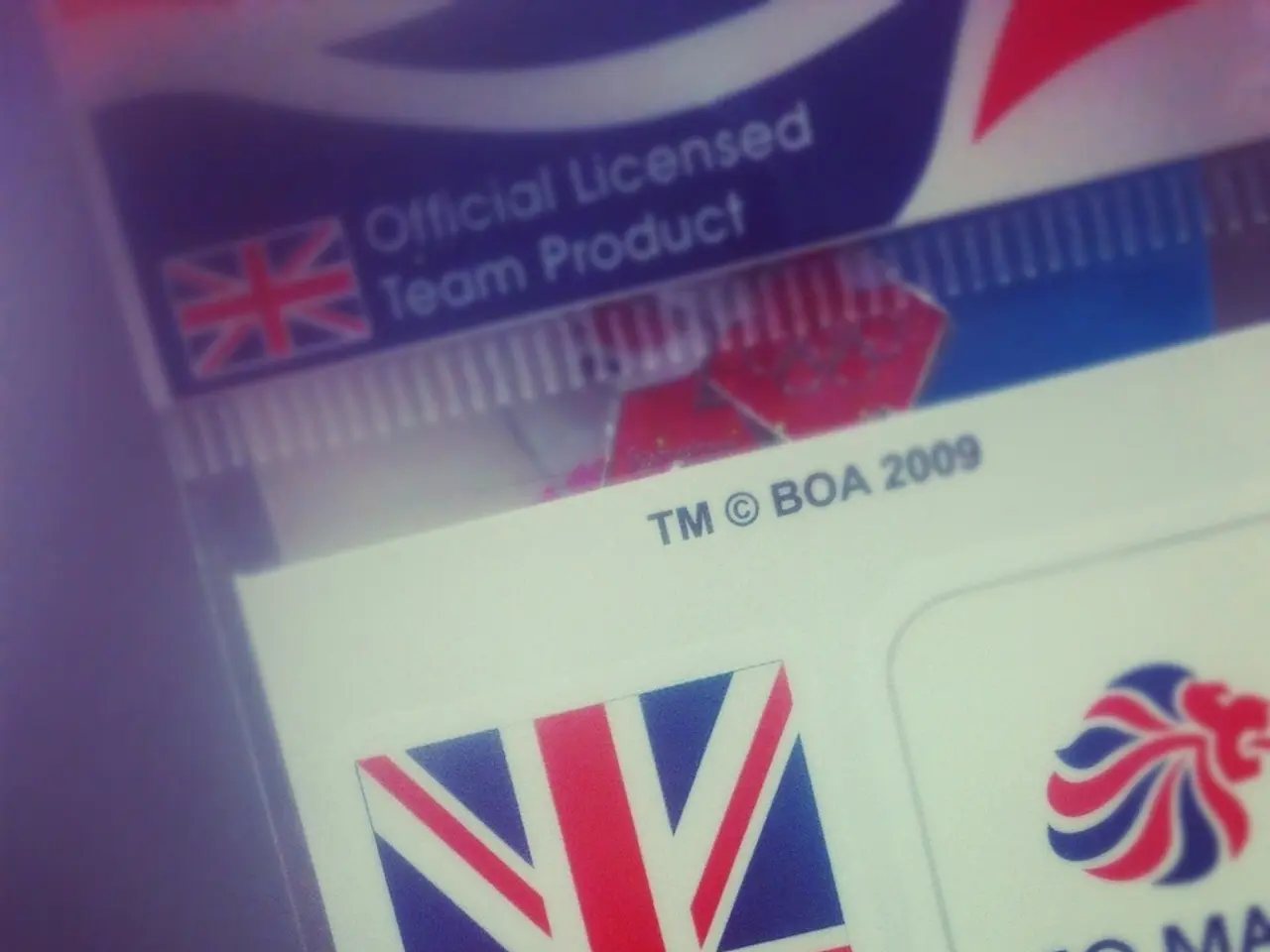Cox appeals to the Supreme Court to overturn the Fourth Circuit's decision holding internet service providers liable
In a significant move, Cox Communications, Inc. has filed an opening brief with the U.S. Supreme Court, challenging a U.S. Court of Appeals for the Fourth Circuit decision that held the internet service provider (ISP) liable for contributory copyright infringement.
The case in question involves a Fourth Circuit decision that affirmed a jury's verdict of contributory infringement against Cox for infringement committed by its subscribers. The Fourth Circuit concluded that knowledge of customer infringement combined with continued service was sufficient to establish contributory liability, a conclusion that conflicts with Supreme Court precedent in Sony Corp. of America v. Universal City Studios, Inc. and Grokster.
Cox Communications maintains that the test for contributory liability is incompatible with precedent, including the Supreme Court's ruling in Grokster. The company argues that the test requires purposeful, culpable conduct, and merely continuing to provide internet service after receiving notice does not meet that legal threshold.
Moreover, Cox challenges the Fourth Circuit's standard for willfulness, stating that knowledge of customer infringement alone is not sufficient to establish willfulness. The company relies on cases such as Metro-Goldwyn-Mayer Studios, Inc. v. Grokster, Ltd., Twitter, Inc. v. Taamneh, and Smith & Wesson Brands, Inc. v. Estados Unidos Mexicanos to support its argument.
In these cases, the Court emphasized the need for an affirmative act taken with the intent of facilitating wrongdoing, and that aiding and abetting requires active participation, not mere knowledge of misuse.
Cox Communications, a leading ISP, emphasizes that enhanced damages require bad faith or knowing misconduct, citing Halo Electronics, Inc. v. Pulse Electronics, Inc. and similar cases. The company argues that the Fourth Circuit's holding "flouts a century of this Court's case law" by imposing liability without proof of the requisite culpable conduct.
The brief, which includes support from companies like LastPass, Netskope, Check Point Software Technologies, ESET, and Stellar Cyber as part of the Open Cybersecurity Alliance, warns of the sweeping consequences of the Fourth Circuit's rule. It cautions that upholding the lower court's ruling could compel ISPs nationwide to terminate service for millions based on automated accusations, an outcome only Congress has authority to mandate.
A Cox Communications spokesperson warns that the ruling could effectively turn internet providers into internet police, forcing them to terminate service based on unwarranted accusations. The brief further warns of the potential for innocent users to be cut off from the internet due to the actions of others.
Cox Communications, however, argues that it has implemented a comprehensive anti-infringement program that successfully reduced infringement across its network. The company maintains that internet service is a general form of internet access that supports numerous lawful activities and has no technical ability to control or monitor user behavior.
The Supreme Court is yet to make a decision on this case, which could have significant implications for ISPs and the broader internet community.
Read also:
- Industrial robots in China are being installed at a faster rate than in both the United States and the European Union, as the global market for these robots faces a downturn.
- Hyundai N affirms transition to hybrid performance-centric models, initiating with Tucson N
- EAFO Research Uncovers Crucial Elements in Electric Vehicle Adoption within the EU
- Stock markets in India anticipated a moderate opening, influenced by mixed signals from global markets.




